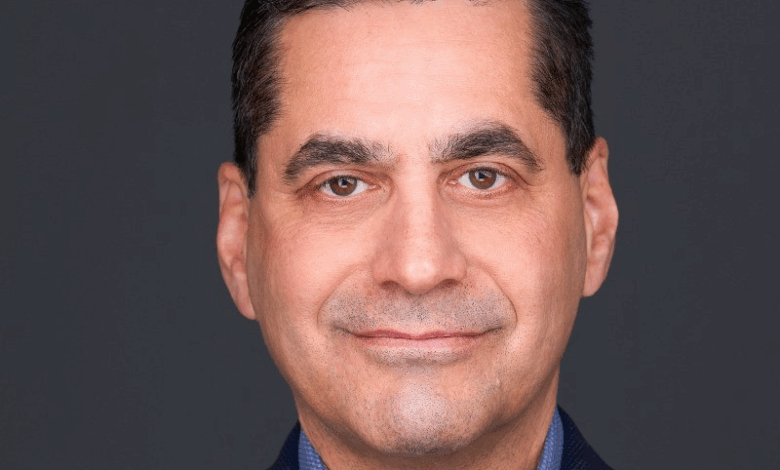
AI is expected to significantly reduce inefficiencies in healthcare, improve patient flow and experience, and enhance caregiver experience and patient safety through the care pathway.
The industry is clearly betting on this, with the sector witnessing a $7.9 billion surge in funding thus far in 2025.
There is also a pressing need for these advances as healthcare providers continue to struggle with rising costs, older infrastructures and staff shortages.
Healthcare data analytics fused with AI is one way for these organizations to save money through value-based healthcare, which looks to reduce costs without compromising on patient care. However, regulatory hurdles and the availability of healthcare-specific tech solutions have slowed progress.
This week one acquisition was announced in the industry that is looking to make headways here.
AI-powered insights for healthcare
PurpleLab, a healthcare analytics company specializing in real-world data, announced this week that it had acquired KAID Health, an AI-powered clinical analytics and care management company. The purchase was made in order to unlock insights and push the industry forward.
The company PurpleLab was started to drive value-driven innovation across the healthcare continuum. Its products include HealthNexus, which is a no-code analytics platform that looks to show the effectiveness of clinical solutions in both saving lives and reducing costs.
The enterprise is one of the few CMS qualified entities with access to Medicare claims data, which is essential when evaluating provider performance.
This comprehensive background in healthcare data now combined with KAID Health’s AI is expected to have a big impact on the market, and creates a more complete view of patient journeys across structured and unstructured data sources.
For one, KAID Health’s Whole Chart Analysis platform has an ability to extract insights from both structured EMR data and medical notes. By using natural language processing to analyze notes, conditions, medications, and lab results, the company allows for coding accuracy and better care management.
Insights into the patient pathway can then allow both PurpleLab and KAID Health to support payers, accountable care organizations (ACOs), provider groups, and life sciences companies.
Healthtech ventures becoming AI-first companies
The acquisition of KAID Health is also setting a trend for the industry, placing PurpleLab in position for the future of AI-powered data analytics in healthcare.
“This acquisition positions PurpleLab to move beyond traditional analytics and become an AI-first healthcare intelligence company,” said Mark Brosso (article’s featured photo), CEO of PurpleLab.
“By combining our data with KAID’s AI, we can unlock insights from the unstructured clinical narrative and deliver measurable value and proven financial impact to our partners and other healthcare organizations.”
The company’s HealthNexus platform provides real-time analytics across billions of HIPAA-compliant, clinically harmonized data points. The no-code system delivers actionable insights and includes standardized medical terminology and patient concept groups that align with KAID’s coding and care management workflows.
Added Kevin Agatstein, CEO and founder of KAID Health, “As our customers and research partners have shown, better data leads to better decisions at the patient, provider, and population level.”
“This partnership expands how structured and unstructured data can be applied to care quality, coding, and clinical research.”
The future of value-based healthcare
Within the industry, health systems, medical centers, providers and payers have used KAID Health’s technology to automate workflows, giving payers a comprehensive overview of members’ health situations by combining claims and EMR data. As PurpleLab acquires the company, the enterprises are betting on strength of the two platforms to ensure customers can access even more detailed data insights, powered by AI.
This includes the ability to improve financial performance by identifying and addressing documentation gaps before and post claims submission, accelerate clinical research and drug development through more precise patient cohort identification, and strengthen value-based care initiatives with better risk stratification and care gap closure.
In addition, automated coding and chart reviews can drastically reduce administrative work.
The combined impact of these new capabilities means the company hopes to deliver a much more rapid ROI through healthcare analytic initiatives, not only saving money but also helping clients to generate millions in additional revenue.





